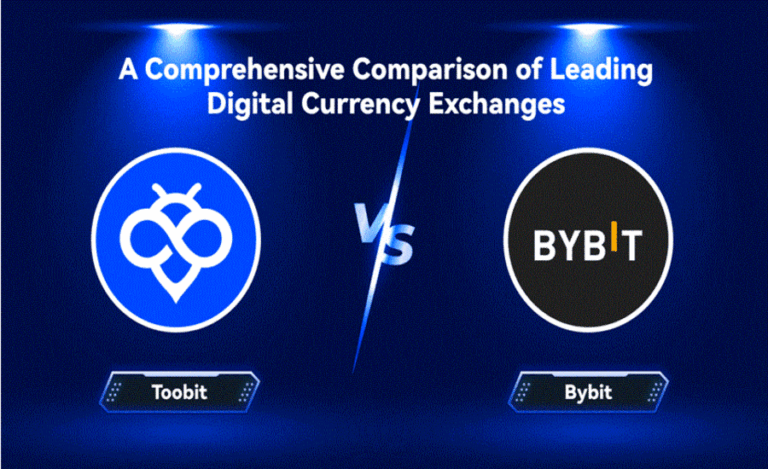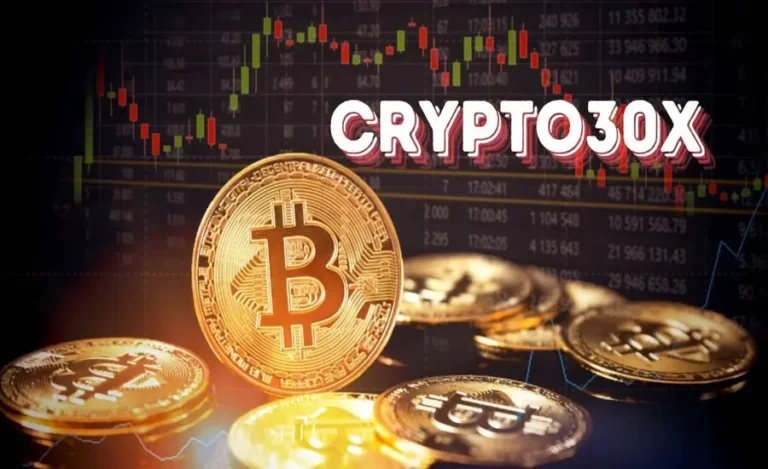Harnessing the Potential of Blockchain Technologies with Education
Technological advancements are the driving force behind global learning trends, whether it is artificial intelligence or blockchain advancements. The financial institutions are the backbone of all the global economies, there is no question about it. But in the last decade, something extraordinary happened. A Bitcoin whitepaper was published in 2008 by the pseudonym of Satoshi Nakamoto, and the world became familiar with the first decentralized structure of blockchain-based digital currency. The fundamental ideology of the first digital currency (Bitcoin) was based on the substitute of fiscal currencies and challenged the centuries-old financial institutions. So, using Bitcoin as a digital currency started in 2009 and instigated a whole new spectrum of the DeFi industry.
The slogan of Satoshi Nakamoto was to enable the global population to do a Peer-to-peer (P2P) transaction backed by immutable Blockchain technology without going through any financial institution.
People were frantic to become a part of this revolutionized decentralized financial system and speculations started to mount. A ton of ponzi schemes were launched resulting in a bad image of the Web 3 industry. Meanwhile, dozens of other Blockchains and other related DeFi infrastructures were also launched like the Ethereum blockchain with its smart contracts, non-fungible-token (NFT), Decentralized Autonomous Organizations (DAO), Tokenomics infrastructure, digital wallets, DeFi (Digital Finance), Metaverse, and different stable coins paved the way for the adaptability and customization of blockchain technologies. Amid all these advancements the need and demand for education about the blockchain infrastructure is gravely felt across the globe. To facilitate this crucial education and communication, translation companies are playing their crucial part. Today we are going to discuss the importance of blockchain-related programs, official initiatives for harnessing blockchain technology.
Blockchain Technologies and Governments
In one way or another, the governance bodies saw this technology as intimidating and hostile towards the financial infrastructure of their countries. Mainly because P2P transactions are not a part of the traditional tax net. After the first decade of renunciation, global governments started to appreciate selected elements of Blockchain technologies and started working on government-backed stable coins and most importantly legal navigation and cryptocurrency regulations started to appear in the refined form.
It is important to note that Blockchain technologies are applauded, adapted, and used in all key infrastructures like medical, legal, and financial institutions. Less than 10% of Web3 pertains to Cryptocurrencies and cryptocurrencies are subjected to all the rules/regulations, and restrictions. Blockchain technology is far more than just cryptocurrencies and holds much more potential than digital currencies.
- Some governments avoid emerging blockchain technologies and ban cryptocurrencies because of the lack of financial infrastructure to regulate the use of digital assets.
- Some countries make cryptocurrencies as legal tender like what happened in Salvador.
- Advanced nations are already using the potential of Blockchain technologies like the European Union Blockchain Sandbox initiative. This program aims to provide a platform for European companies and government entities to harness the potential of Blockchain technologies.
- Another good initiative of the European Union is the European Blockchain Partnership which focuses on finding the useful application of the distributed ledger of blockchain for public use.
- Another worth mentioning initiative is the Blockchain 4 Europe initiative, aiming to create awareness and close the gap between public preception and blockchain technologies by using the potential of crypto translation services.
- Another important initiative is the Tokenized Government Bond Fund of the Central Bank of Singapore.
Need and Importance of Blockchain Education
If we take into account the cryptocurrency ownership data, in 2024, only 6.8% of the global population own or use digital currencies, and more than 10% understand the basics of blockchains and cryptocurrencies. The data can fluctuate if we can put it in the perspective of each country separately. For example, over 60% of the US population is crypto-literate. There is a dire need to educate 6.2% of the global population about the potential benefits of blockchain technology and how to be aware of crypto scams. Leading DeFi companies around the globe are engaging with business translation services to educate their potential clients globally and creating a potential difference. The more people are aware of the positive aspects of the blockchain and crypto industry, the more secure the whole Web3 space will become.
Additionally, international universities like The University of Singapore, Cornell University, The Hong Kong Polytechnic University, The University of Nicosia, and the EU Business School are also offering Blockchain courses. Considering that the majority of the world’s population is crypto illiterate, courses like these should be made available in multiple languages with the help of a translation company to bridge the language barrier. Professional translation services can be the unsung heroes of the increasing education and awareness about the new technologies of Blockchain bitcoin synergy.
Takeaways
Governments of industrialized nations are investing a hefty amount in Blockchain technologies to harness the power of these decentralized solutions for healthcare, education, immutable record keeping, and more. The leading translation companies are working diligently in the facilitation of this important communication exchange across all cultural and linguistic barriers.






